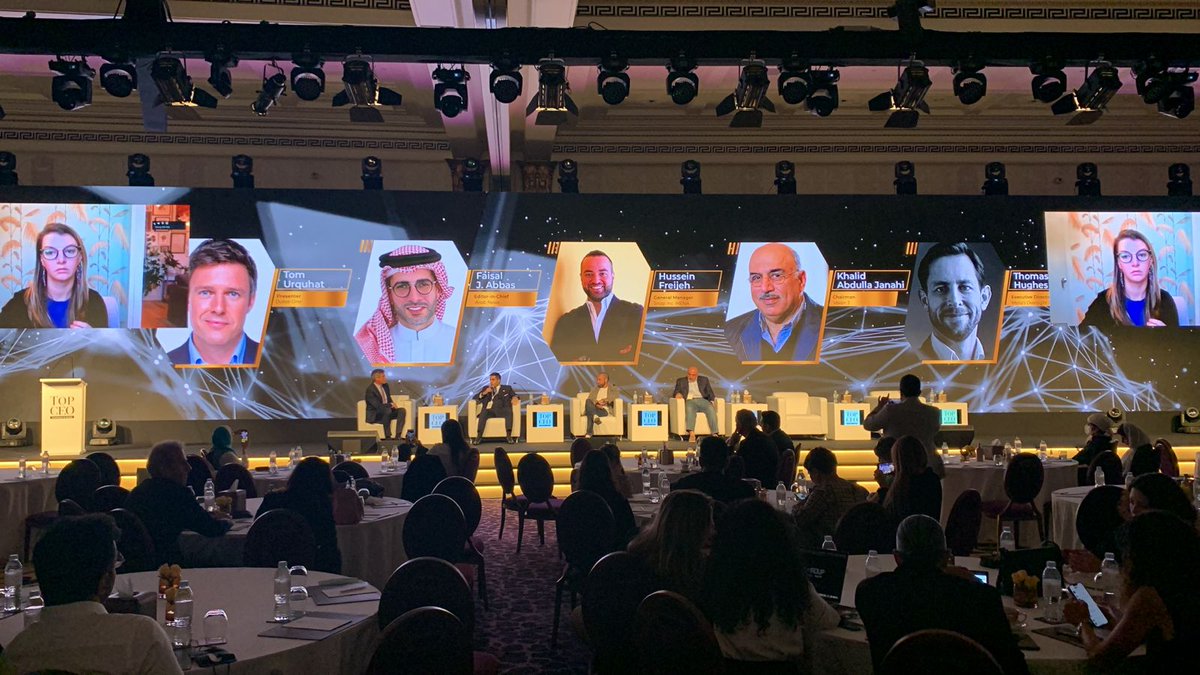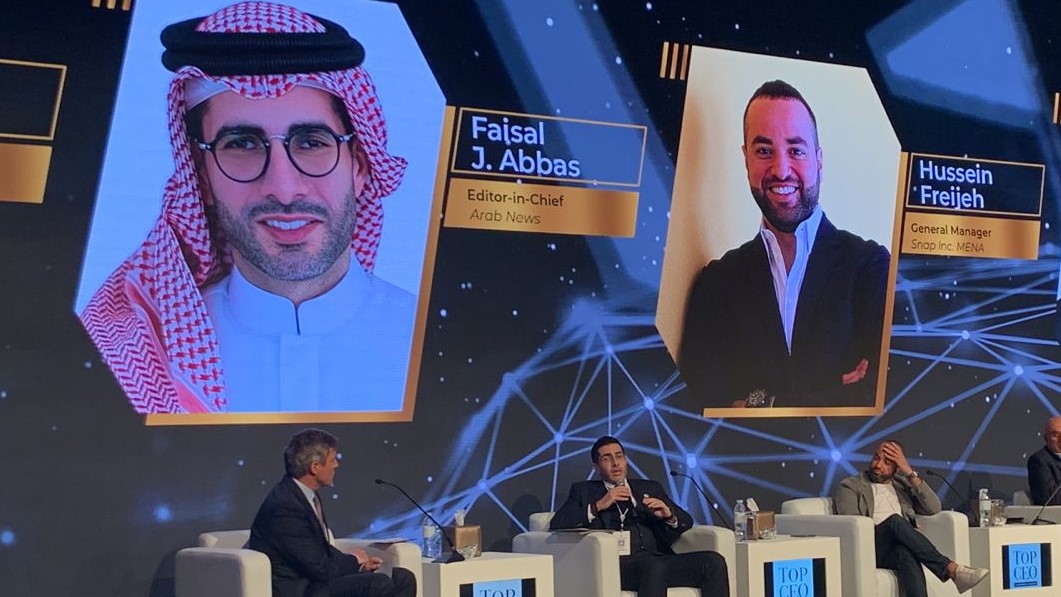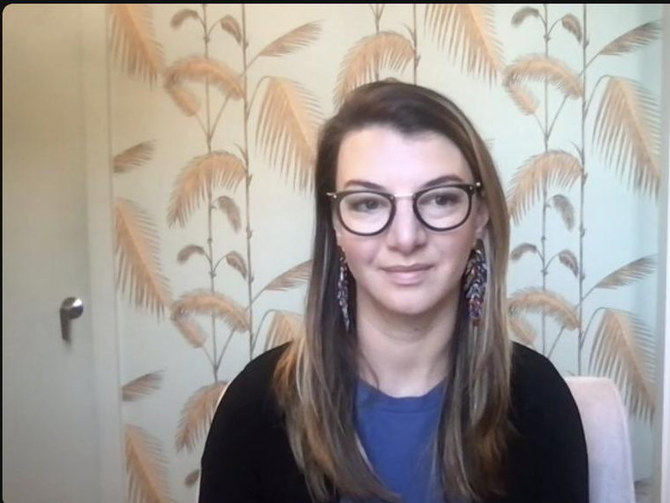DUBAI: There is not enough Arabic and non-English-language content moderation online, the head of global engagement for Meta’s Oversight Board, Rachel Wolbers, said at the the Top CEO and Arab Women Forum conference in Dubai on Tuesday.
“Meta and Facebook are making numerous efforts to detect fake news,” Wolbers told the audience, adding, “Detecting misinformation is a hard process.”
“I would not ignore that the company is not doing enough; the board is constantly pushing for this — it is not well developed, not well invested in” in comparison to English-language moderation, she continued.
When it comes to content moderation, Meta and its various social-media platforms have time and again attracted criticism as racism, extremism and anti-social behavior surfaced across them. The company set up the independent Oversight Board to moderate such content.
However, Arab News Editor-in-Chief Faisal J. Abbas questioned whether the board can truly make a significant difference.
“As much as I am in favor of having an oversight board at Facebook, at Twitter or at Snap or TikTok…how much say do they really have?” he asked. “How much can they really do?”

Snap Inc’s MENA GM Hussein Freijeh claimed that social-media technology itself was neither good nor bad — it depends on the user.
“Snapchat works with regional cultural dynamics in terms of security and content. Snapchat is considered a useful tool for content creators,” Freijeh said.
While fake news was in no way created by social media, the sheer speed and accessibility the networks provide means that harmful and malicious behavior now has a greater reach than ever before.
“Social media gave people freedom,” Khaled Janahi, the Chairman of Vision 3, told the panel but warned that people needed to use it correctly.

Abbas said: “Nobody is against freedom but we should also be against chaos.”
He explained: “We are talking about billions of people, billions of posts, it is physically impossible to monitor everything and by the time they get to it, the damage would most probably have been done.
“If you remember from 2016 the fake story which was spreading on Facebook and other platforms about the pizzeria that had a child abuse ring, and somebody took a gun and went and shot up the place,” the editor continued, referring to PizzaGate — a conspiracy theory that received widespread attention on social media and led to severe consequences, including the ‘creation’ of a fake newspaper, the Denver Guardian, which claimed to have hacked into former secretary of state and presidential runner-up Hillary Clinton’s emails and discovered a Democrat-run child prostitution ring.
“The story got more views than the rebuttals. The more crazy the news, the more content it creates, the more websites like Facebook get traction,” Abbas said. “There is no end to fake news but we must continue to battle it.”




















